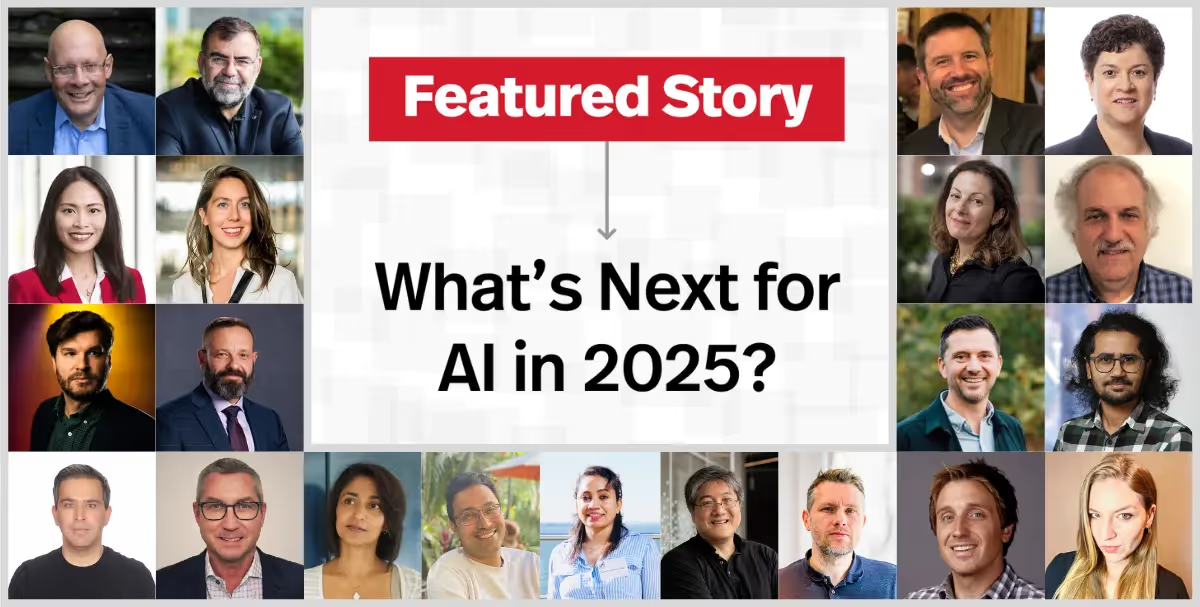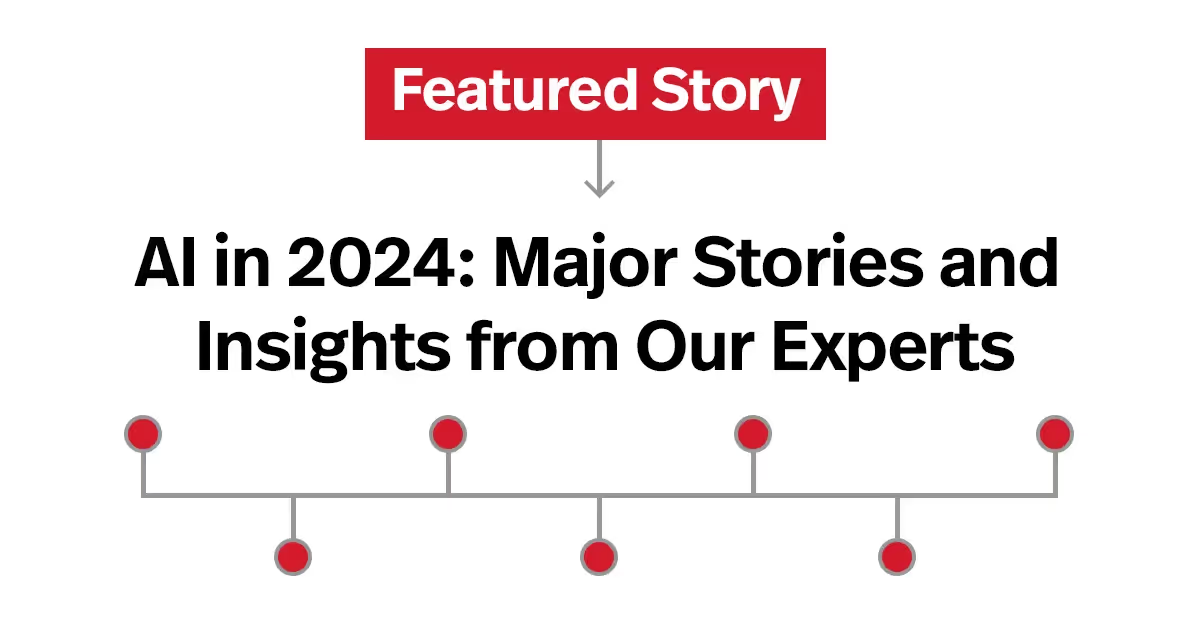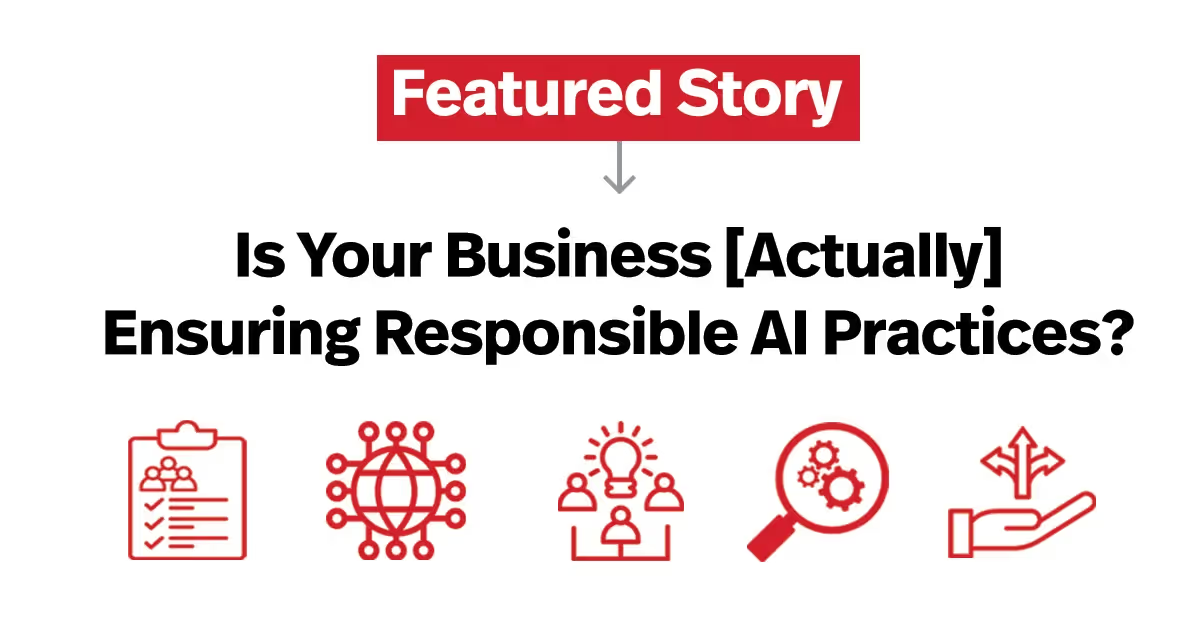AI for Social Impact
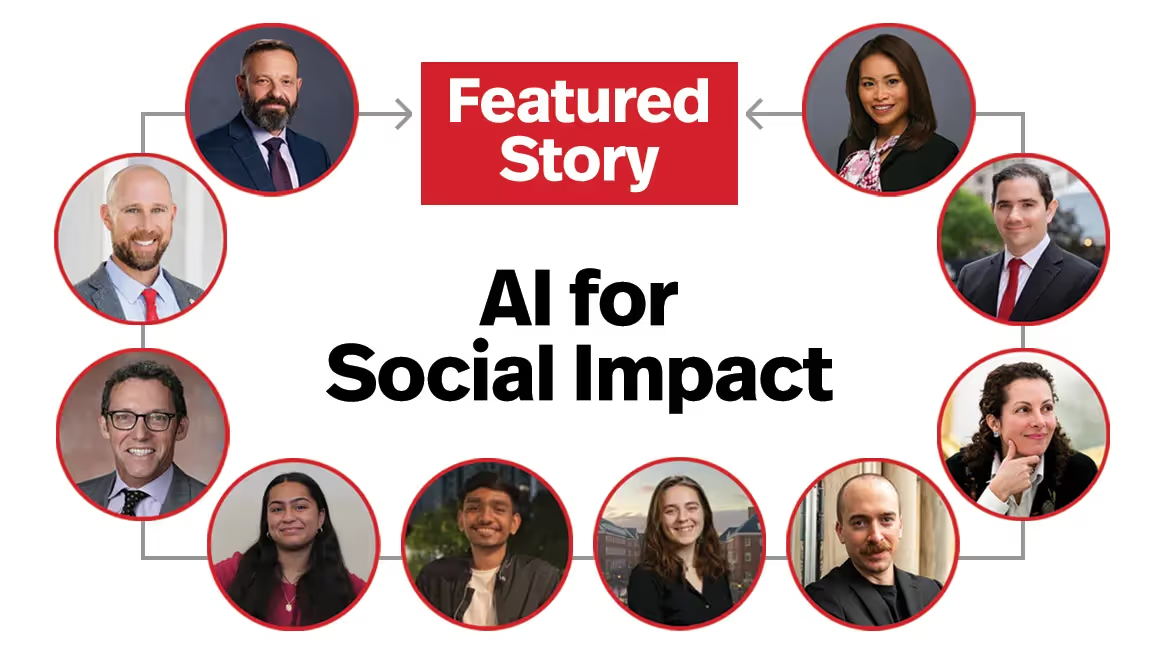
Like any technology, AI is not inherently good or bad. Its value depends entirely on how we use it. To make a positive impact, people in decision-making roles need to understand the realities of the technology and the problems it may (or may not) be able to solve.
Recent initiatives in Massachusetts exemplify this philosophy. One is the AI Strategic Task Force set up by Governor Maura Healey, which studies the impact of AI and aims to position the state as an industry leader. Watch our Executive Director Usama Fayyad, who serves on the Task Force, share his thoughts here. Another is the AI for Impact Co-op Program run by the Burnes Center for Social Change at Northeastern University, which gives students the opportunity to work full-time on human-led AI projects that improve the delivery of government services.
Here, experts from Northeastern University and the City of Boston share their experiences working on these programs, and how AI can be a force for positive social change::

"The AI Strategic Task Force brought together leaders across industry, academia, state, and community stakeholders in healthcare to identify the biggest needs and opportunities for AI in Massachusetts. Healthcare expenditures are $4.5 trillion, which comprises almost 20% of the nation’s GDP, and Massachusetts has the fourth highest healthcare spending (per capita) in the country. Boston is ranked as one of the top five health tech hubs in the country. Massachusetts can therefore be a powerful stage for AI innovation not only for the state, but for the country. Health and healthcare are different from other sectors because the risks and stakes are much higher—‘Do No Harm’ is something that is at the core of healthcare. Responsible AI in healthcare is a major consideration at every topic. I am very excited to represent the Institute for Experiential AI and Northeastern University with a seat at the table. Northeastern is clearly at the forefront of driving AI innovation and development of the talent pipelines necessary to achieve this."
- Gene Tunik, Director of AI + Health, the Institute for Experiential AI
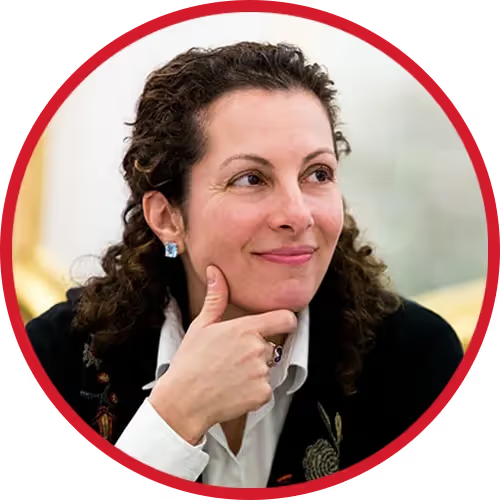
"The AI for Impact Co-op Program has Northeastern Co-op students working for six months to build AI products for government agencies and civic organizations. Students get the benefit of learning how to take a project from idea to implementation using AI and build something that works in the real world, while civic partners and government agencies get the benefit of building something that benefits residents and citizens and improves lives—something that they couldn't potentially build for themselves. Used ethically and responsibly, AI is a powerful set of data processing tools that we can use to do things we couldn't do before. These tools are helping us to do things like mine the trove of information that government has today that's often locked behind PDFs and inaccessible to us, and to mine that information to be able to better make policies, better deliver services, give citizens answers to their questions, and serve residents—not just nine to five from a government office, but 24/7 online, providing better access to services."
- Beth Simone Noveck, Core Faculty, the Institute for Experiential AI; Director, Burnes Center for Social Change

"AI was developed to augment human cognitive abilities and should serve as a partner in our quest for a more equitable and efficient way of life. As a cognitive scientist, I believe we must responsibly harness AI's potential to advance equity and justice. With a human-centered approach, AI can revolutionize education and leadership worldwide by providing personalized learning tools, enhancing accessibility through adaptive technologies, breaking down linguistic boundaries, and designing inclusive hiring practices based on organizational data."
- Christie Chung, Executive Director, The Mills Institute at Northeastern University

"Dating back to the first attempts to count citizens and map territory, governments are some of the earliest adopters of data-driven practices, so in that sense, AI is the obvious next step for public-serving institutions seeking greater efficiency and reach. However, these new technological affordances are often deployed without and even against the interests of publics, especially oppressed publics. Digital technology is often exempted from the general democratic demand for political legitimacy in societal change. There’s a real risk that even as AI in government unlocks new capabilities, affected publics will not have a say in the process. A fundamental tenet of the Responsible AI Practice is to always consult the end user, the broader community, and anyone else who might be affected by a proposed technology. There are a wide range of methods for collecting public perspectives, and the Institute is well-positioned to bring those to emerging policy dilemmas."
- Matthew Sample, AI Ethicist, the Institute for Experiential AI

"Leveraging AI can open doors for blue-collar foreign workers in their job search through customizing their resumes, bridging the language gap, and showcasing their skills to potential employers, transforming barriers into opportunities."
- Jimi Shanahan, Director of AI Solutions Hub, the Institute for Experiential AI
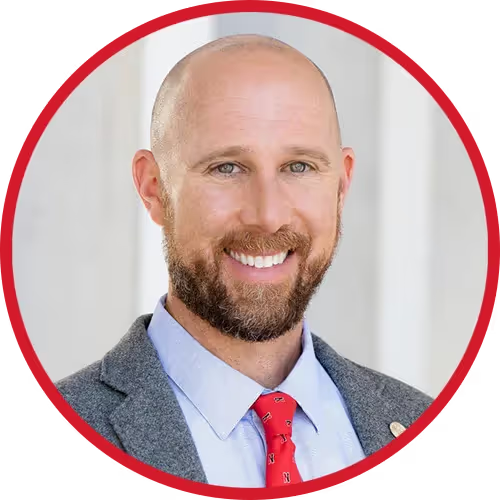
"The AI for Impact Program is the first of its kind nationally to be a product-based course, where the students are leveraging generative AI technologies to solve social and public problems. Organizations are thrilled. They absolutely love the students, who are both energetic and highly diverse. They're all different ages, from a wide range of majors, and they are working on different problems of practice. And I think the students bring a really creative lens to the process. They're somewhat unconstrained in terms of the way that they're thinking about the problems, the way that they are prototyping solutions, and they work really well and collaboratively with our partners."
- David Fields, Professor of Practice and Senior Fellow, Burnes Center for Social Change
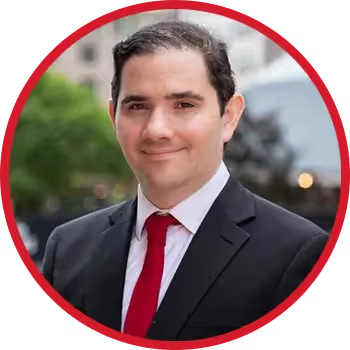
“There are a lot of opportunities. That was clear when some of these generative AI technologies first started to become publicly available in November of 2022, and it was clear that if we harness the power of innovation of the universities, and combine it with the deep, complicated problems that we have in the public sector, we'd be able to create new experiences that are empowering to workers and that deliver great results to all constituents. Knowing that there is a lot to learn, I thought that having the opportunity to work with students and build products that were usable, scalable, and secure could maximize the impact that this technology could bring to the Commonwealth."
- Santiago Garces, Chief Information Officer, City of Boston

"My project is working with the Executive Office of Technology Services and Security building a generative AI sandbox. It’s essentially figuring out how we introduce new technologies like generative AI to employees of the Commonwealth who have never used generative AI. How can we bridge that gap for them? How can we provide tools that they could use in their daily life and help them with their workflow? I have three years of experience developing mobile apps, so I'm quite familiar with developing apps that serve a huge population. This time, I'm getting to work on tools like front-end, back-end, as well as cloud and generative AI, which is all quite different from mobile app development. I'm learning and implementing a lot of new technologies. This helps me grow in my career path as well. The projects that I build have a huge impact on the employees of the Commonwealth as well as the general public, so that's been super rewarding for me."
- Dhruv Kamalesh Kumar, AI for Impact Co-Op, Master’s in Artificial Intelligence

"We are working with the Office of Energy and Environmental Affairs, helping them to consolidate all of the grant information they have into one navigational tool that can help constituents search through a broad index of the grants available to them. Right now, it's all decentralized. There's no one source of truth, and so our goal is to make it more accessible, to let first-time grant applicants and farmers and people who might not have a lot of time to sift through all these grant products and find what is available for them."
- Diane Grant, AI for Impact Co-op, Undergraduate in Computer Science and Political Science

"We've had the pleasure of working with the MBTA, specifically the ride service they provide. The issue is that there's a lot of information living across multiple departments, so when a caller calls in, they have to get rerouted and put on a wait. With this project, we're hoping to serve riders as well as call-takers. When we first started this project, it was meant to be for the riders as an external tool, but through a lot of research and a huge focus on human-centered design, we found that riders actually prefer calling in. They don't want to talk to a chatbot. They want to talk to a human. We also found that call-takers are stressed because they have to reroute all of their riders, and the riders don't enjoy being put on wait. So we figured that we would target the call centers and provide them with a comprehensive chatbot where they can ask any question and get answers in seconds."
- Ria Singh, AI for Impact Co-op, Undergraduate in Computer Science with a concentration in AI
.avif)

